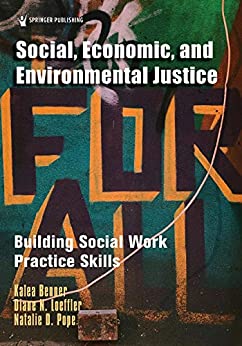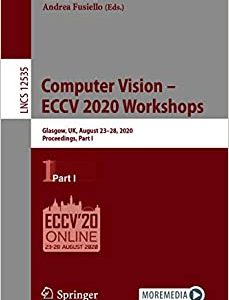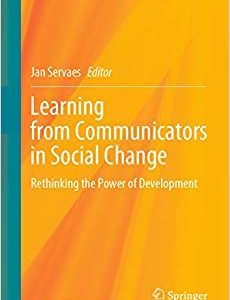This innovative text is the first to introduce practical techniques social workers can use to incorporate social, economic, and environmental justice into their practice. The book emphasizes the role of justice in social work practice across the micro-macro spectrum. By assessing common human needs in relation to human rights, justice, and practice aimed at promoting fairness, students will learn how to incorporate theories and practical perspectives in social work practice with individuals, families, communities, and organizations.
With its unique approach, this text focuses on structural oppression and inequities connected to clients’ engagement in systems and structures. The impact of disparities on accessing and utilizing resources, and subsequently achieving successful outcomes, is examined through the justice lens. Beginning with an overview of key concepts and theoretical underpinnings that provide foundational knowledge, the text then examines each of the three justice foci –social, economic, and environmental–in detail through specific systems. These systems include criminal justice, education, food security, natural disasters and climate change, health, mental health, housing, and income disparities Throughout the book, readers are asked to reflect on their own perceptions to enhance understanding of the influence of justice on practice. Case studies, diagrams, boxed information, student learning outcomes, chapter summaries, and review questions enhance understanding and application of content. Purchase includes digital access for use on most mobile devices or computers.
Key Features:
-
- Emphasizes the role of social, economic, and environmental justice in social work practice
-
- Examines the science and theory behind justice as it relates to social work
-
- Teaches practical methods for implementing justice-oriented social work practice
-
- Authored by prominent instructors actively engaged in co-curricular justice-related content
-
- Offers student learning outcomes and summaries in each chapter
-
- Presents abundant diagrams and boxes to enhance application of content
-
- Provides multiple experiential learning opportunities including case examples and reflective and knowledge-based review questions
-
- Offers practical examples of justice-informed social work
-
- Includes Instructor’s Manual with sample syllabus, PowerPoints, exam questions, and media resources











